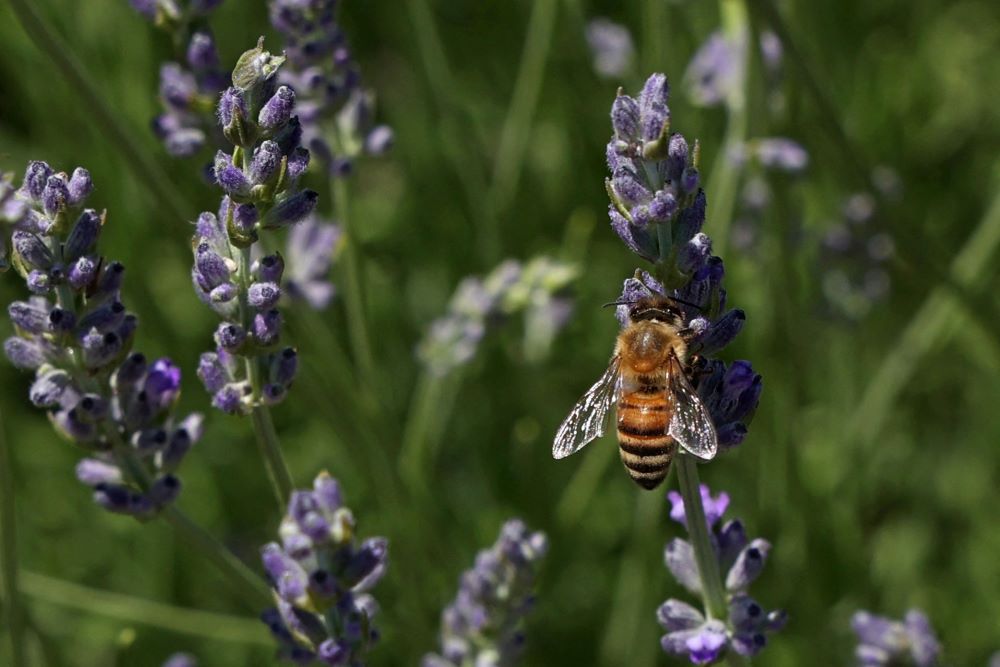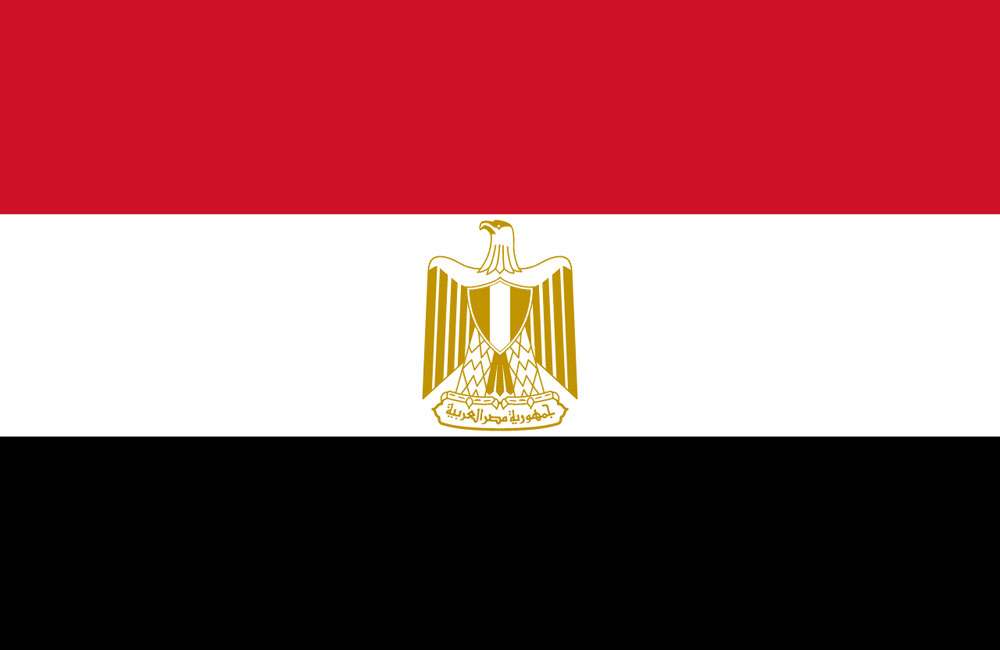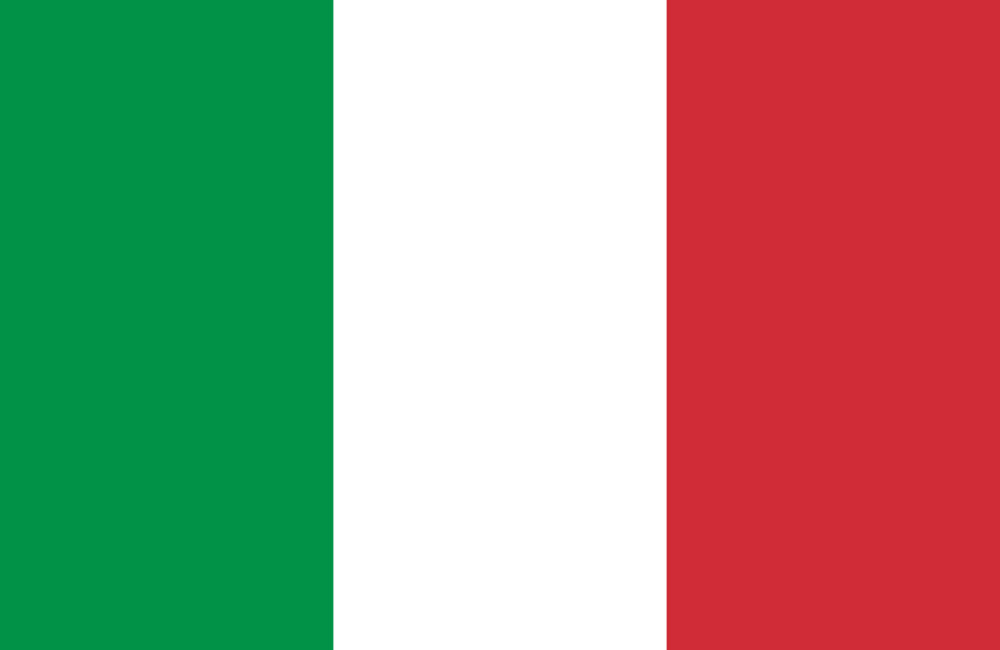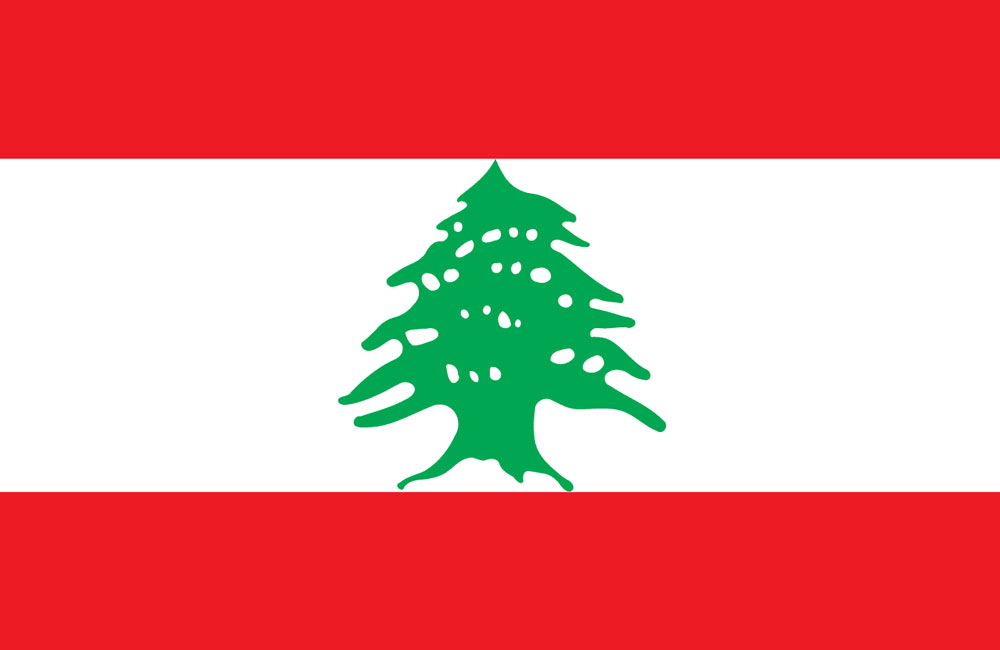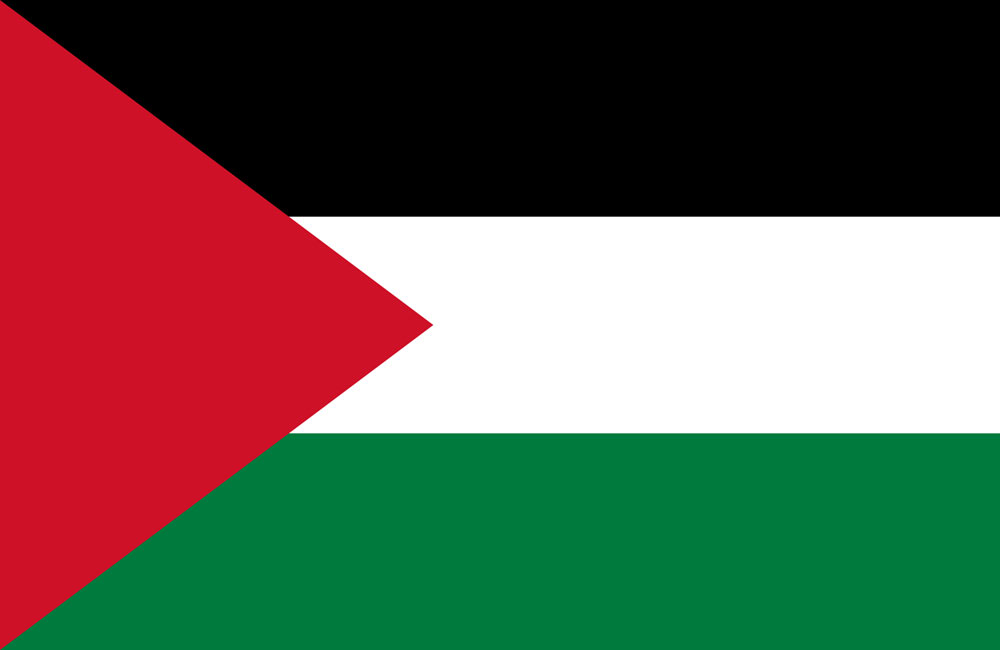History
Cypriot beekeeping and, by extension, Cypriot honey records a long history over the centuries. Since ancient times beekeeping in Cyprus has been an important element, while Cypriot honey has been known to the wider world. In fact, the quality of Cypriot honey stood out from any other honey. There are findings that suggest the use of honey on the island from as early as the 4th-3rd BCE (Before Common Era).
Kassianos Bassou, states in his book Geoponica (6th century) that "Attic honey is excellent, but Cypriot honey from Chytroi (Kithrea village) is also very good". Pliny in Naturalis Historia (77 AD) also comments that " Sicilian hives are excellent for their bee wax but elsewhere, in places such as Crete and Cyprus, honey is better known for its abundance".
During the medieval period, bee products, mainly honey and wax, were among the main export products of the island. The Russian traveler Basilios Barsky (18th century), describes that ships approached the port of Larnaca to load olive oil, wine, carobs and honey.
Features of the island that favor beekeeping
The long heritage, combined with the unique characteristics of the area played and still play an important role in highlighting the quality of the beekeeping products of the island. The main characteristic elements are the separate subspecies of the bee (Apis mellifera cypria) , the weather conditions, the flora of the island and the ecosystem of the island, the size of the country, the proximity of different micro-environments and the fact that Cyprus is a member state of the European Union.
Part of the island's heritage is the "Ôziberti". Tzivertia are the traditional, cylindrical shaped hives made from a mixture of mud and fodder 60-90 cm long and placed top of each other in horizontal rows covering the whole side of an outer house wall. This unique kind of hive impressed many travelers arriving in Cyprus, since the bees were literally inside people's homes.
An important factor for the uniqueness of the bee products of Cyprus is the distinct subspecies of the cyprian honeybee Apis mellifera cypria (A.m. cypria). A.m. cypria is potentially one of the least researched subspecies of the European Honeybee and it is endemic in Cyprus. Genetically, the Cypriot bee is different from the Greek bee and other subspecies A. mellifera of the area. The Cypriot bee has distinctive behavioral characteristics that allow it to adapt, better than other subspecies, to the specific ecosystems of the area.
In general, the population of the species is homogeneous across the southern part of the island. However, the bee population in the northern part is closer to A. m. ligustica (Italy) and A. m. anatoliaca (Turkey), due to the large import of foreign populations and queens.
The mild climate of the Mediterranean region benefits beekeeping. Dry summers and mild, wet winters can be especially beneficial for subspecies in the region that have evolutionarily adapted to these conditions. Also, according to local beekeepers, Cyprus' dry climate may be a factor supporting the production of more concentrated honey with lower humidity, so it needs less processing.
Cyprus has rich biodiversity, many different microclimates and habitat types that we meet at short distances. According to the "Pollen Atlas of the Beekeeping Flora of Cyprus", there are 120 different beekeeping plants on the island. The flora especially around the Troodos Mountains is varied and rich of aromatic wild herbs while large citrus groves are present around the island leading to the production of two major types of honey, one derived from thyme plants which flower during the summer period and the other derived from citrus trees that flower during the autumn season. Two other unique honeys available in much smaller quantities come from two wild growing plants with a short flowering period, namely wild lavender – known commonly in Cyprus as ‘Mirofora’ (lavandula angustifolia) and wild growing ‘Melissochorto’ (Melissa Officinalis).
Moreover, due to the small geographical area of Cyprus, the areas of monoculture are not large. Therefore, per collection area, bees encounter a great variety of plants.
The fact that Cyprus is a member of the European Union, supports and benefits beekeeping on the island. European Union has always been a champion of sustainability and healthy beekeeping in the region can be a bright example of this philosophy that blends environmental, social and economic factors.
Beekeeping holds a very small part of the total rural economy of Cyprus. Although as a profession it is considered as traditional and it’s been exercised in Cyprus since ancient times, there is an observation that there are no particular increases in beekeepers or beehives. Their main areas of activity are Larnaca, Nicosia and Paphos. This category mainly includes people who have beekeeping as their main source of income. However, there are other cases that individuals combine beekeeping with other agricultural sectors.
Beekeeping Products in Cyprus
Cypriot honey is rich in aroma and taste, with colors that vary depending on the type of plants they contain and their percentage. According to the research "Identity of Cypriot Honey" carried out by the Aristotle University of Thessaloniki (2008), Cypriot honey is purely flower honey, i.e. that its collection comes exclusively from flowers. The main categories of honey are as follows: Citrus Honey - Orange, Aromatic Honey, Thyme Honey, Carob Syrup, Eucalyptus Honey. The largest category of Cypriot honey is polyanthic.
Cypriot nature enables beekeepers to be able to produce all beehive products (Honey, Pollen, Wax, Propolis, Royal Jelly, Poison, Bee Clusters, Queens). Young Cypriot beekeepers trade wax, pollen and propolis. These products have greater added value, they are aimed to an audience, which is looking for alternative and innovative products. Of course, their production requires training and knowledge search and the purchase of additional tools or equipment from beekeepers. Younger ages are more willing to go through an educational process to learn to produce these products.
Cyprus is a world-renowned tourist destination for many decades. Paving the way towards a more sustainable future, Cyprus is actively targeting new markets, revaluing existing ones and redefining them in order to create a richer holiday experience with a focus on indigenous culture, nature and heritage. This is where the local tourist products and services based on the bee fit and are called to offer an unforgettable experience to the visitor. In Cyprus at the moment there is a movement of a few businesses that offer this type of tourism and there is also participation of local bodies that promote them. Local organizations, beekeepers and other people began to offer new products to indoor and outdoor tourists.
